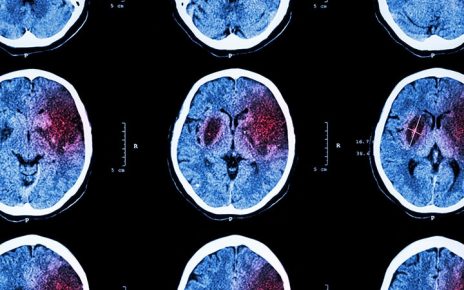
The U.S. Department of Health and Human Services is awarding nearly $1 billion to community health centers across the nation, the Biden administration announced Tuesday.
The funds are to support construction and renovation projects to expand facilities, as well as for mobile medical units, telehealth technology, freezers for vaccine storage and other capital needs related to COVID-19, according to the agency.
About 1,300 health centers across the nation that provide care to medically underserved communities will receive the money, which will come from American Rescue Plan funding, the administration said.
Disparately impacted throughout the pandemic, people of color, as well as low-income communities, make up a majority of community health center patients. Most are also disproportionately uninsured or are insured through government programs.
Community health center patients often suffer from chronic conditions at higher rates, according to a report from the National Association of Community Health Centers, putting them at risk for COVID-19 complications. Patients 65 and older are the fastest growing age group among health center patients, the association said.
HHS Secretary Xavier Becerra called community health centers “lifelines” to the vulnerable.
“We’re modernizing facilities across the country to better meet the most pressing public health challenges associated with COVID-19,” he said in a news release.
A Capital Link analysis found federally qualified health centers will need an extra $17 billion in property and equipment investments over the next five years to meet projected needs for an estimated 38 million patients.
A recent survey by the group showed top planned capital projects were related to medical, mental health and dental services. Short-term capital needs ranged from new equipment, expanding or renovating a facility to purchasing a new site.
About 25% of the more than 300 surveyed health centers said their projects would cost an estimated $5 million or more. But about three-quarters of health centers reported gaps in funding for planned improvements, according a 2020 NACHC report citing a 2015 analysis.
Dr. Basim Khan, a physician and executive director of Neighborhood Health, a network of 11 community clinics throughout Virginia, said they need dental care infrastructure and new exam rooms to meet a rapidly growing patient base.
During the pandemic, Neighborhood Health patients surged to 40,000. In 2019, the clinics served 29,000 patients. People lost their jobs and insurance, leading them to the clinics for care, Khan said.
“The amount of need is far greater than the capacity,” he said. “One of the barriers we have to increasing our capacity is space.”
Along with new exam rooms, the centers will need supplies and plumbing to equip the rooms.
An internist and former medical director of the centers, Khan said more than half of the centers’ patients are uninsured. About half are Hispanic and a fifth are Black. The centers also serve a large number of immigrants, and often provide pop-up services in low-income housing complexes or partner with churches to offer care to specific communities.
Source: Read Full Article



